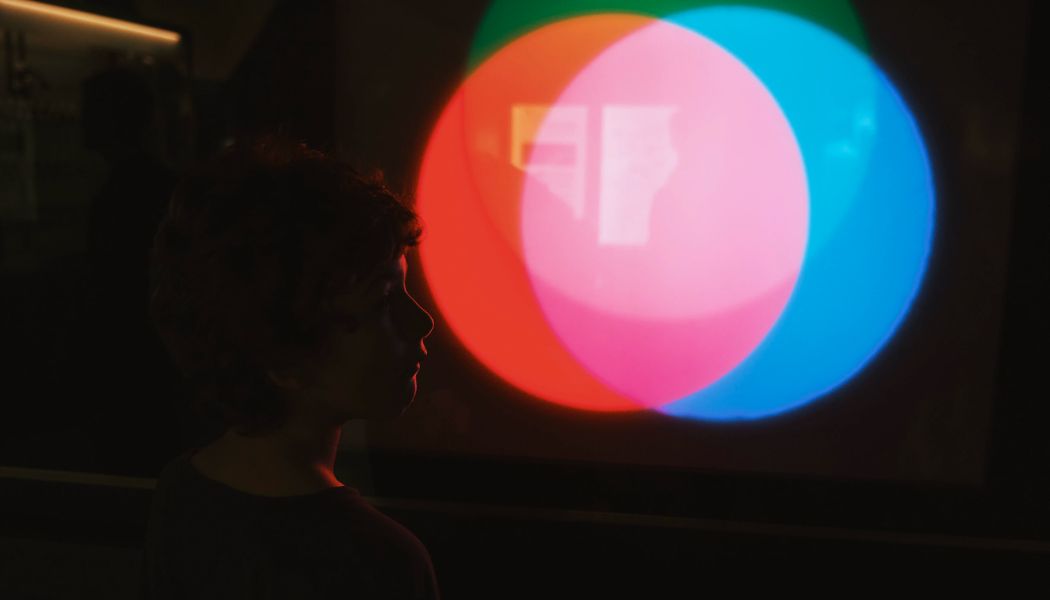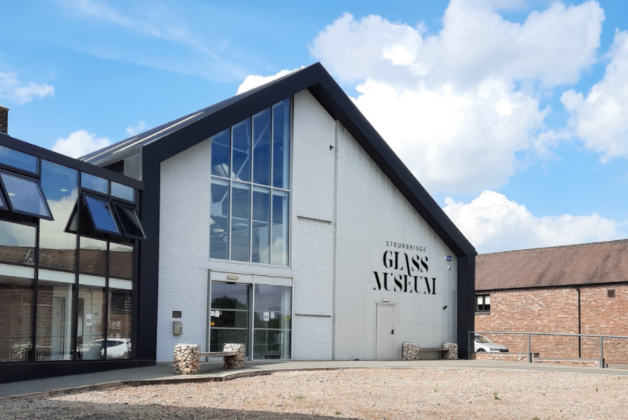Small museums can now apply for the Royal Society’s Place of Science grant, which supports museums in presenting the science in their collections and local areas.
Small museums are being invited to apply for the Royal Society Places of Science grant, which opens today.
Thee scheme offers grants of up to £3,500 to fund projects that present local stories of science and scientists in “new, imaginative ways”.
Museums will need full or provisional museums accreditation to be eligible, and fewer than 65,000 visitors, or a turnover of less than £200,000 a year. Applications for the scheme close on 17 November 2023.
The scheme has been designed to support local museums to “inspire members of the public to explore the diverse ways in which science has changed and influenced society”. Grants will be used to help museums present the science in their collections and local areas to their visitors.
The programme has had four rounds. Last year, 36 small museums from across the UK received funding for their projects, which included a historically accurate medieval medicinal herb garden, and local primary school students exploring the workings of their local museum’s clock tower.
Professor Carlos Frenk, chair of the Royal Society Public Engagement committee, said: “Science is central to the culture and heritage of places across the UK, and we want to encourage new audiences to engage with the fascinating roles science has played in shaping their local communities.”
Causeway Coast and Glens Borough Council is a previous recipient of the grants. Its Museum Services Community Engagement Officer Dr Nicholas Wright said: “Our project on the development of radio wave technologies could not have happened without the support of the Places of Science scheme, but the funding was most significant in its social impact and the facilitation of rural equality.
“For example, transport funding allowed schools across a large rural area with otherwise limited access to high quality science events and programmes to take part. Learning about the important scientific innovations that took place in their own area left the pupils with an enormous sense of pride in themselves and their community.”
Full eligibility information is available here.




